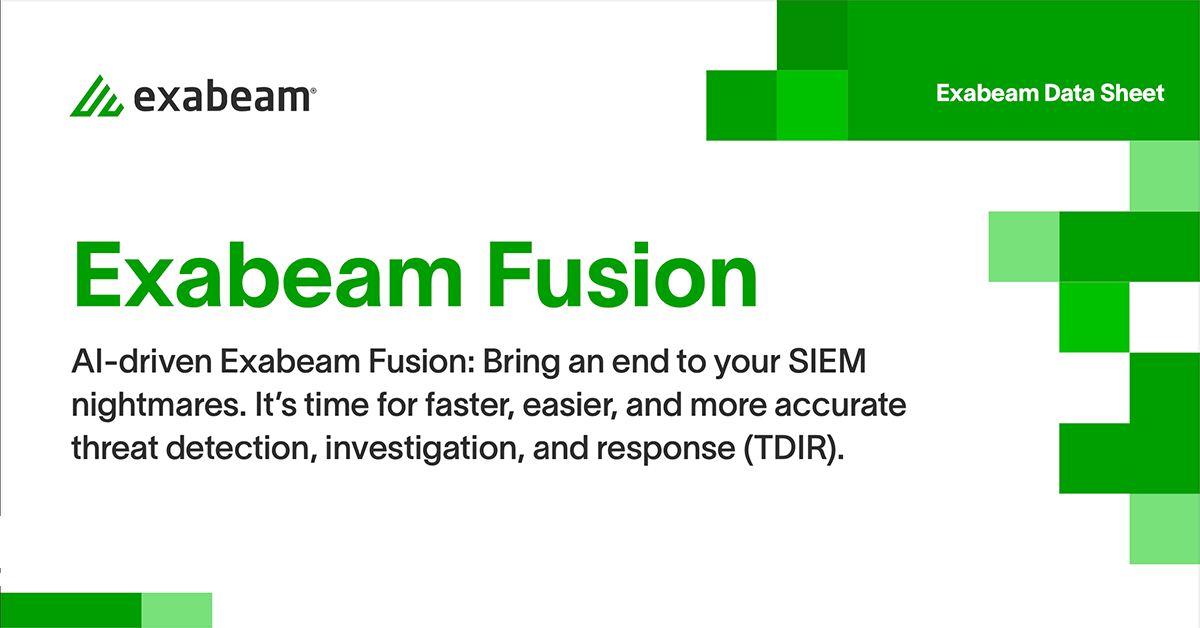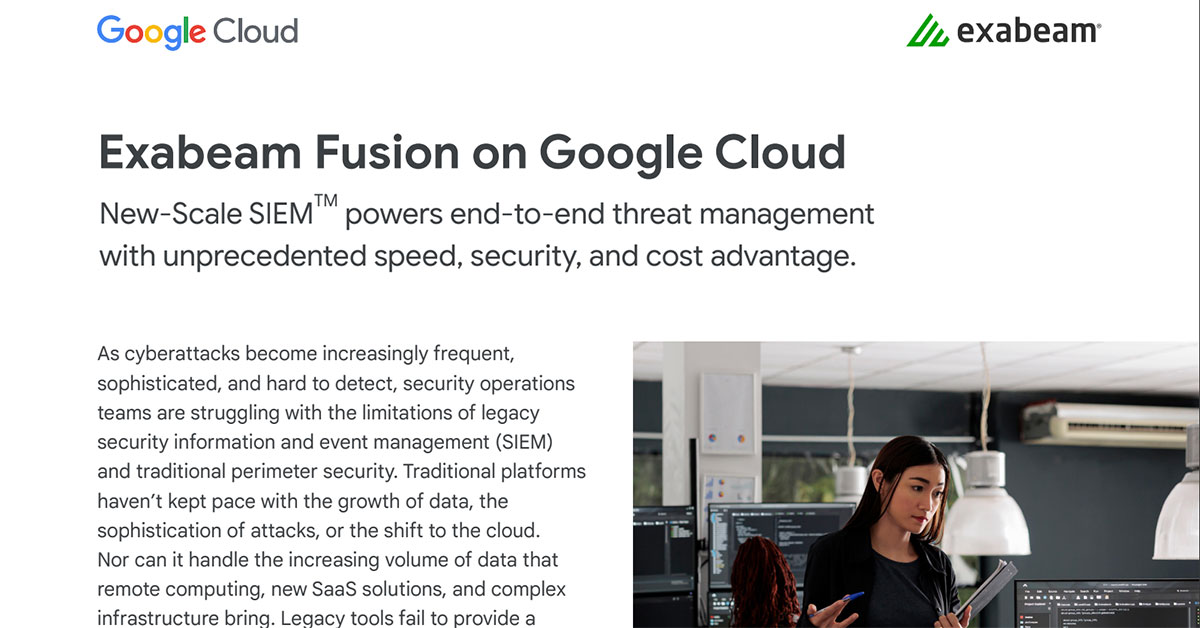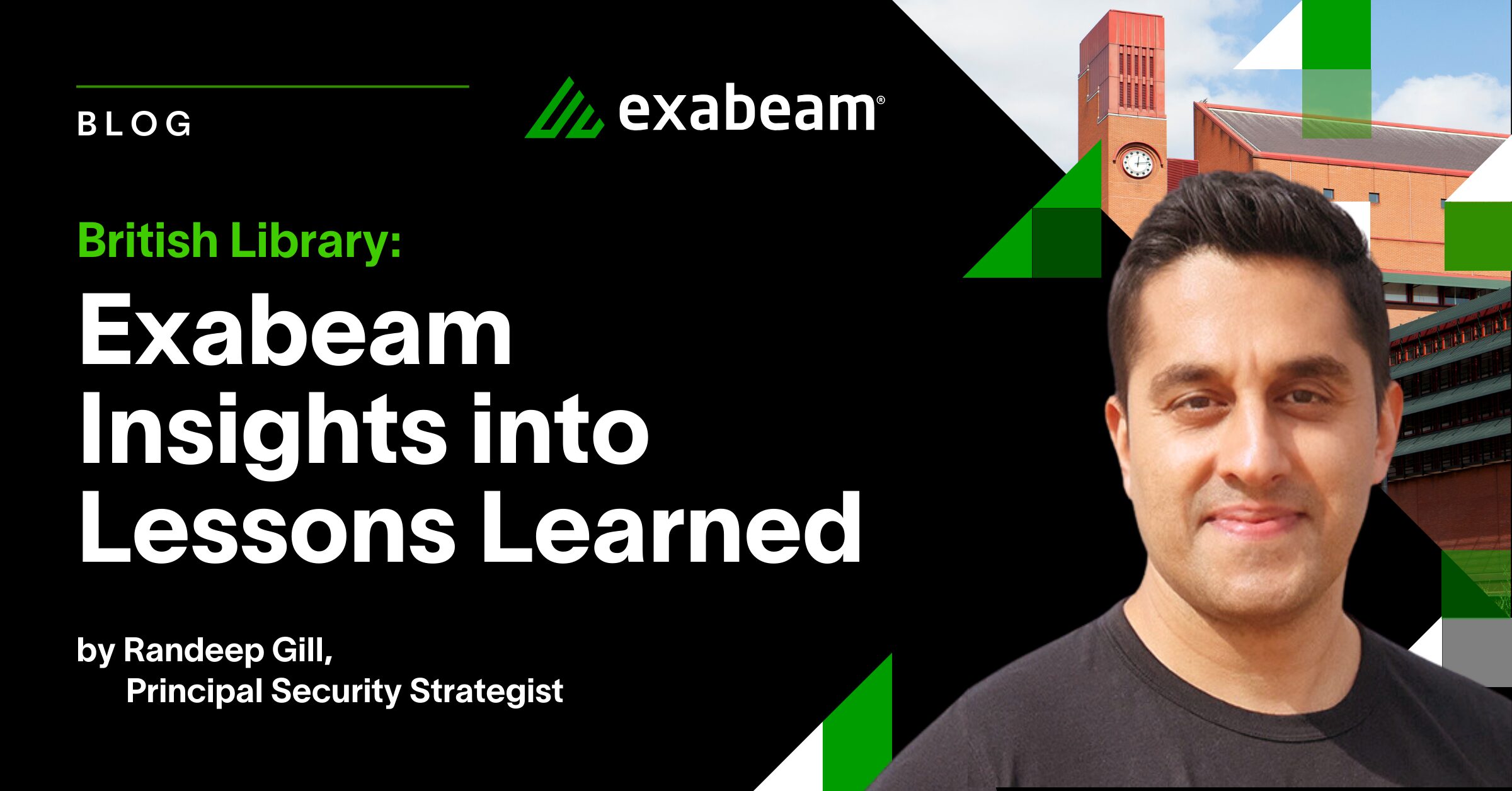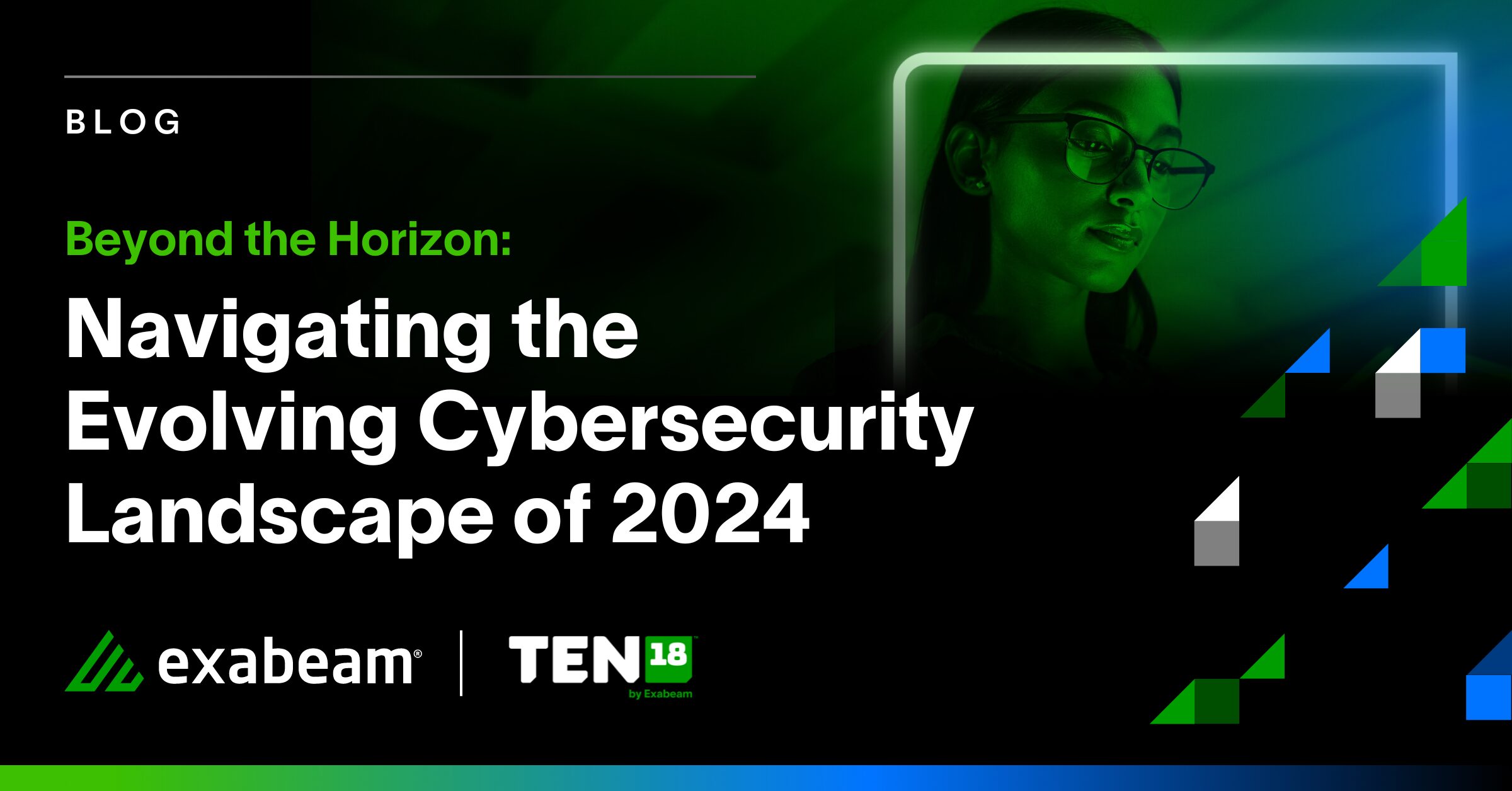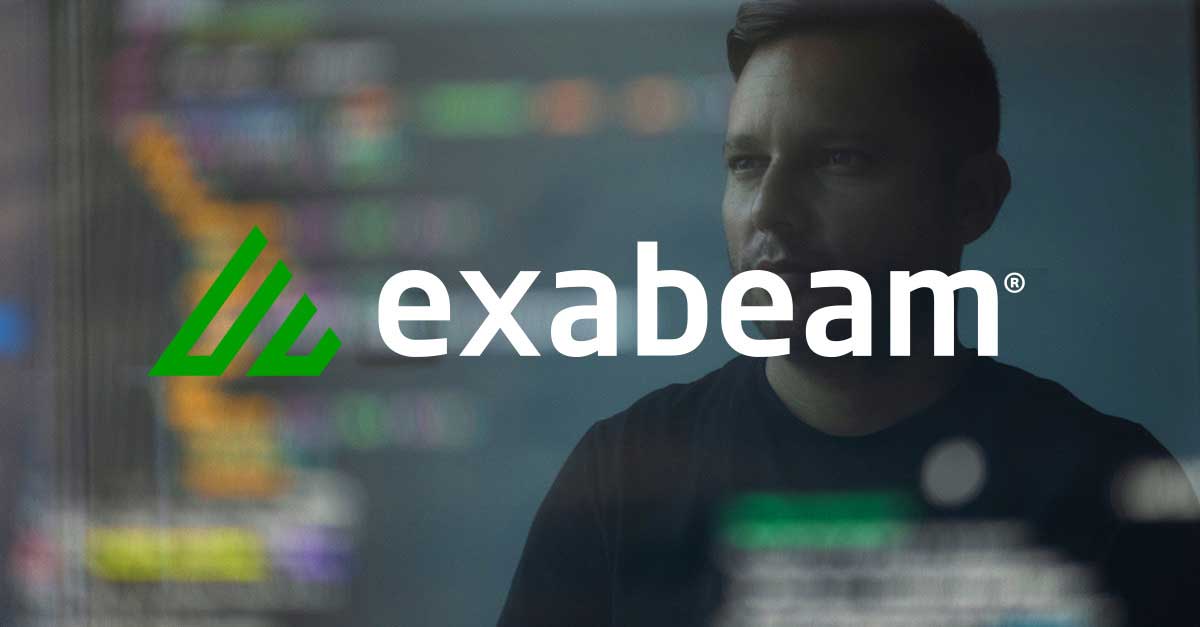Exabeam is proud to announce three winners of our Cybersecurity Scholarship Program who are all passionately pursuing their education and careers in information security.
The Exabeam Cybersecurity Scholarship Program supports a broader, value-based initiative known as the Exabeam Cares program, a philanthropic effort focused on education, giving back to the community, and closing the cybersecurity skills gap. The Program is open to legal residents of the United States and the District of Columbia. Applicants must be 16 years of age or older and currently enrolled in an accredited post-secondary institution of higher learning program with a minimum 3.0-grade point average.
Over 50 students across the country competed for the scholarships. Applicants were required to write an essay or produce a 5-minute video in response to one of the following questions:
- How would you go about making U.S. elections safe?
- How would you protect user privacy and security on social media platforms?
- Do you think your generation is more or less secure than your parent’s generation, and why?
Winners were selected based on the originality and creativity of their essays or videos (80%) and their grade point average (20%).
Our three winners, Bryan Alvarez, Zhanda Chen and Ishaan Raja, presented creative and deeply thoughtful submissions addressing security threats on the topics they selected.
Bryan Alvarez
Bryan is an international student from Venezuela currently working on getting his bachelor’s degree in information security. Bryan came to the United States in 2017.
Bryan chose to speak on the topic of protecting user privacy and security on social media platforms. His highly informative and creative video provides practical and essential tips for social media platform providers to protect user privacy and security. He acknowledges that it’s impossible to stop all cyberattacks against social media users but points out that building resilient security practices for prevention is critical.
Bryan promotes educating social media users about security risks and lists the steps they can take, such as creating stronger passwords or using 2-factor authentication whenever possible. He also believes users should receive information about their social media account activity and be alerted whenever someone logs into their account. Bryan also encourages good teaming and sharing of security intelligence among IT staff members to improve processes and close critical gaps.
Zhanda Chen
Growing up as a second-generation Asian-American, Zhanda sees the beauty of the multiple perspectives it has given him in connecting with people of diverse backgrounds and helping foster an environment of understanding and inclusiveness.
Zhanda was awarded an Exabeam cybersecurity scholarship based on his submission, which addresses security threats against the U.S. elections. In his short but powerful video, Zhanda explains how our elections are at risk from different security threats including ransomware. Ransomware attacks, he points out, progress along with five steps: infection, encryption, notification, payment, and decryption. He recommends preventing attacks by detecting ransomware attacks early in the ransomware kill chain.
Zhanda also highlighted the lack of funding at the local level to shore up outdated and vulnerable voting machines. He believes the federal government must step in and provide local municipalities with the necessary funds. He also recommends instituting a centralized system of cybersecurity practices that administrators of our decentralized network of over 10,000 local voting jurisdictions can leverage.
Ishaan Raja
Ishaan Raja considers himself to be a second-generation American. His grandparents immigrated to the U.S. in the 1970s. Ishaan is currently a student at the Southwest Career and Technical Academy in Las Vegas, Nevada. He also works as a computer science instructor.
Ishaan wrote about securing the election process and compared the elections in the U.S. to India, the country of his grandparents. He argues that India’s more simple election process and technology make it harder for cybercriminals to hack. Unlike the voting machines used here in the U.S., India’s Electronic Voting Machines (EVM) do not connect to the internet or any external network, which means they’re not as susceptible to outside interference. Also, the firmware for EVMs is etched onto the silicon of the device. As such, voting results would be difficult to be changed by anyone, including the device manufacturer.
Ishaan believes EVMs should be adopted here in the U.S. The reduction in security breaches and the trust U.S. citizens would have in the validity of our elections by moving to EVMs would be worth the switching costs.
On the lack of diversity in the cybersecurity industry he says, “It is my hope that in the future, the workers in technology will be as diverse as the United States is.” He believes that diversity in the cybersecurity industry introduces different perspectives that can have a positive impact on security products and services.
On the lookout for the next year’s winners
We’re thrilled that we had three winners with diverse backgrounds who are just as passionate as we are about cybersecurity and ready to take on cyber threats. We’re looking forward to finding more scholarship winners like Bryan, Zhanda and Ishaan next year.
Similar Posts
Recent Posts
Stay Informed
Subscribe today and we'll send our latest blog posts right to your inbox, so you can stay ahead of the cybercriminals and defend your organization.
See a world-class SIEM solution in action
Most reported breaches involved lost or stolen credentials. How can you keep pace?
Exabeam delivers SOC teams industry-leading analytics, patented anomaly detection, and Smart Timelines to help teams pinpoint the actions that lead to exploits.
Whether you need a SIEM replacement, a legacy SIEM modernization with XDR, Exabeam offers advanced, modular, and cloud-delivered TDIR.
Get a demo today!

